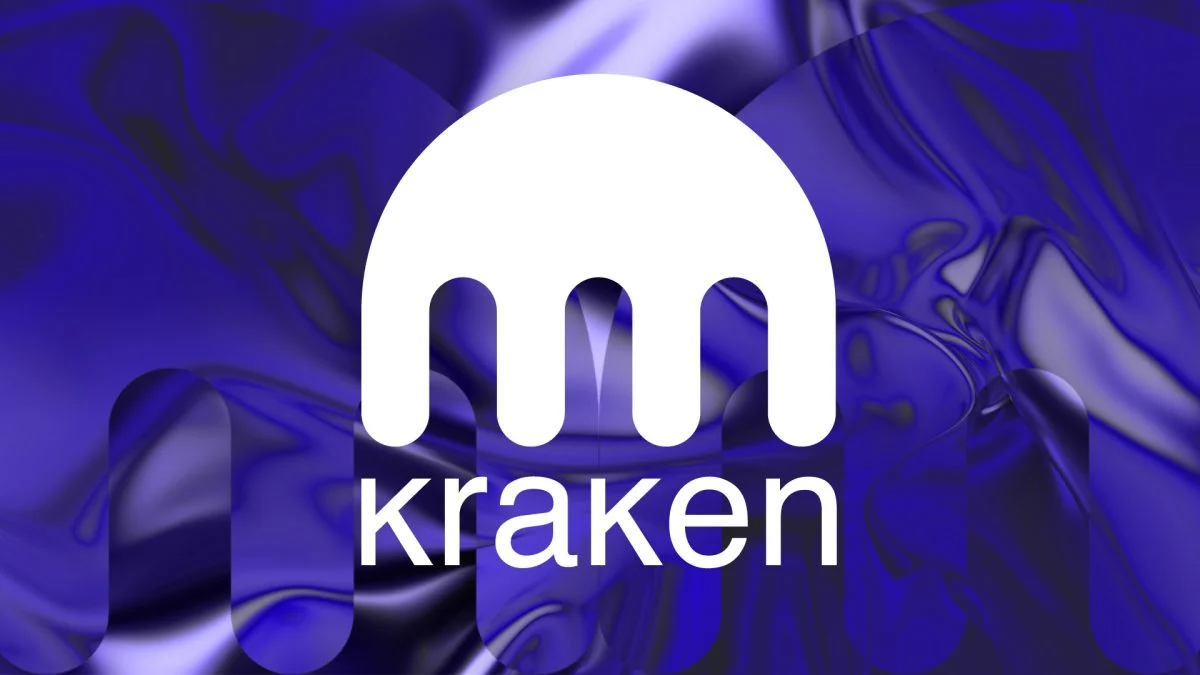Kraken, the second-largest U.S.-based cryptocurrency exchange, has entered the competitive crypto wallet market with the launch of its own self-custodial “Kraken Wallet.” This move places Kraken alongside other major players like Coinbase, MetaMask, Ledger, and Trezor, enhancing its product offerings and accessibility to both Kraken users and the general public.
Features and Innovations of the Kraken Wallet
Set to be released this Wednesday, the Kraken Wallet supports a variety of blockchains, including Bitcoin, Ethereum, Solana, and others. A standout feature of the wallet is its open-source nature, the first for a wallet from a major exchange, which allows developers worldwide to contribute to and enhance its code. Kraken is also incentivizing the community to identify and report vulnerabilities through an open-source grant program.
Kraken emphasizes privacy with its new wallet, collecting only the minimal data required for operational functionality. It also employs measures to protect user identity and location, such as proxying user activity through Kraken’s infrastructure to shield IP addresses.
Strategic Context and Industry Implications
The release of Kraken Wallet follows a trend among exchanges to offer integrated wallet services, enabling users to interact more directly with blockchain ecosystems. This trend has been partly influenced by the increasing demand for self-custody solutions, highlighted by the high-profile collapse of FTX in 2022, which illustrated the risks associated with keeping cryptocurrencies on centralized exchanges.
Kraken’s expansion into self-custody wallets aligns with its long-standing advice for users to self-custody their assets, according to Eric Kuhn, Kraken’s Product Director for the Kraken Wallet. Kuhn expressed that the wallet was built on foundational crypto principles like user privacy and open-source development, aiming to provide an all-encompassing solution that is secure, private, and user-focused.
With the launch of the Kraken Wallet, Kraken not only extends its suite of products but also reinforces its commitment to enhancing user control and security in the cryptocurrency space. This development is set to intensify the competition among leading crypto wallet providers, pushing further innovations and possibly shifting user preferences towards more integrated and secure wallet solutions.
